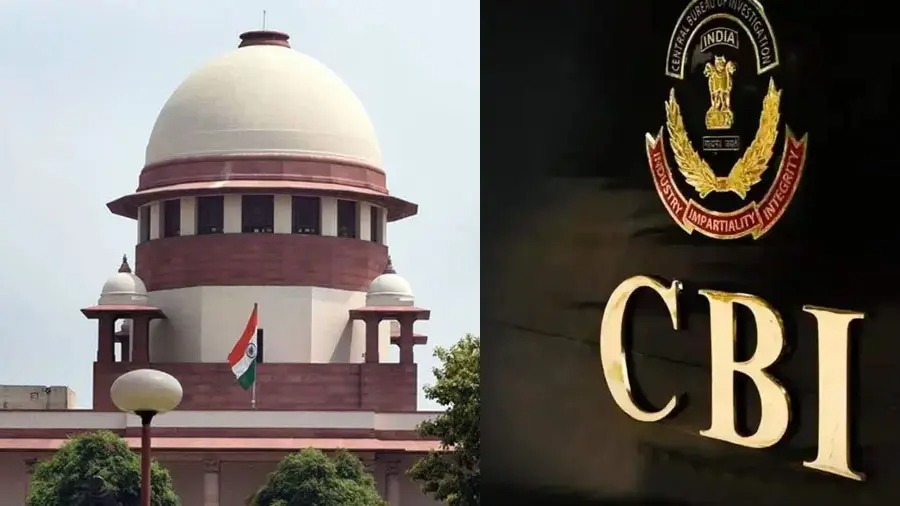Baker, J.@mdashThis is an application for revision of the conviction by the Fourth Presidency Magistrate of the applicant on a charge u/s 248(1)(c) of the City of Bombay Municipal Act, III of 1888.
2. Section 248 of the Act lays down that where any premises are without a water-closet, or privy, or urinal, or bathing or washing place, or if the Commissioner is of opinion that the existing water-closet, or privy, or urinal, or bathing or washing place accommodation available for the persons occupying or employed in any premises is insufficient, inefficient, or on any sanitary grounds objectionable, the Commissioner may, with the previous approval of the Standing Committee, by written notice, require the owner of such premises to provide additional accommodation, or to make structural or other alterations or to substitute water-closet accommodation for privy accommodation
3. The facts in this case are that the applicant Aziz Gaffoor Kazi entered into an agreement with Mrs. Hamabai J.K. Mehta who was the owner of the premises in dispute for a period of three years. By this agreement the owner granted to the applicant the right to recover rents of the premises in question on payment by him to her on a monthly sum of rupees 1250 for a period of three years, and amongst the clauses of this agreement, by Clause 6 the rent contractor, that is the applicant, agreed to carry out all repairs to the properties except heavy repairs and to do all acts and things required by the Municipality or any other public authority to be done by the owner or by the tenant, and it was provided that the rent contractor should be liable at his own costs to carry out all such requisitions as may be necessary either on account of the nature of the user of the said premises or of any part or parts thereof or for any other reason.
4. It so happened that the Municipality held that the sanitary accommodation in this place was insufficient and required water-closets to be provided in place of the existing privies. The applicant was required to carry out this work which he did not do and he was consequently prosecuted by the Municipality for 192 disobeying the order made u/s 248(1)(c) of the City of Bombay Municipal Act and was convicted by the Fourth Presidency Magistrate and fined rupees 25. Against this order he Aziz has presented the application for revision.
5. The case has been argued by the learned pleader on behalf of the applicant at some length and he has quoted certain observations from rulings by the English Courts, but I do not think it is necessary to refer to them as they deal with the definition of the word "owner" occurring in certain English Acts. The present case turns entirely upon the definition of "owner" in the City of Bombay Municipal Act of 1888, and we must be guided entirely by that definition in disposing of the present case. In that Act the word "owner" is defined in Section 3, Clause (m), which says : ''owner'' when used in reference to any premises, means the person who receives the rent of the said premises, or who would be entitled to receive the rent thereof if the premises were let, and includes�(i) an agent or trustee who receives such rent on account of the owner;..." The remaining sections of the definition are not relevant to the present case.
6. Now, it is quite clear that the present applicant falls under the definition of "owner" in this section. He is the person who under his agreement with the owner receives the rent of the said premises. It has been argued by the learned pleader on his behalf that he hands the rent over to the owner. If that is correct, which in my judgment it is not, he still would be an agent or trustee who receives such rent on account of the owner, and, therefore, comes within the definition in the section. But, as a matter of fact, under the agreement he does not pay the rent to the owner. He makes a fixed payment of rupees 1250 a month to the owner irrespective of whether any rent was actually received by him or not. It is quite clear that he is a person who receives the rents of the said premises, and therefore he falls within the definition of "owner" in Section 3, Clause (m), of the Act and as such he is the person who u/s 248 of the Act is liable to comply with the requisition of the Commissioner to provide improved sanitary arrangements or to substitute water-closets for the existing privies.
7. We have nothing to do with the question of the hardship which may be caused to the applicant by the requisition which according to him involves an expenditure of about Rs. 5,000. Under the agreement, as has been already pointed out, the owner under took to do heavy repairs but the applicant undertook to comply with the requisitions of the Municipality requiring the owner or the tenant to do any act or thing, and he is liable under his own agreement carry out all such requisitions as may be necessary at his own expence. It may be that when he entered into the agreement he did not foresee that during the continuance of it a requisition involving such a heavy expenditure as this might be made by the Municipality. However, that is a question into which we cannot go. I am clearly of opinion that the applicant falls within the definition of "owner" as given in Section 3, Clause (m), of the Act, which is the definition by which we must be guided in disposing of the present case.
8. I, therefore, think that the conviction is correct and the rule should be discharged.
Patkar, J.
9. I agree. The accused in this case admittedly receives the rent of the premises. He, therefore, receives the rant either on his own account or on account of the owner. If he receives the rent of the said premises on his own account by virtue of the lease, he falls within the principal definition in Clause (m) of Section 3. If, on the other hand, he receives the rent as agent on account of the owner, he falls within the inclusive definition in Clause (m).

